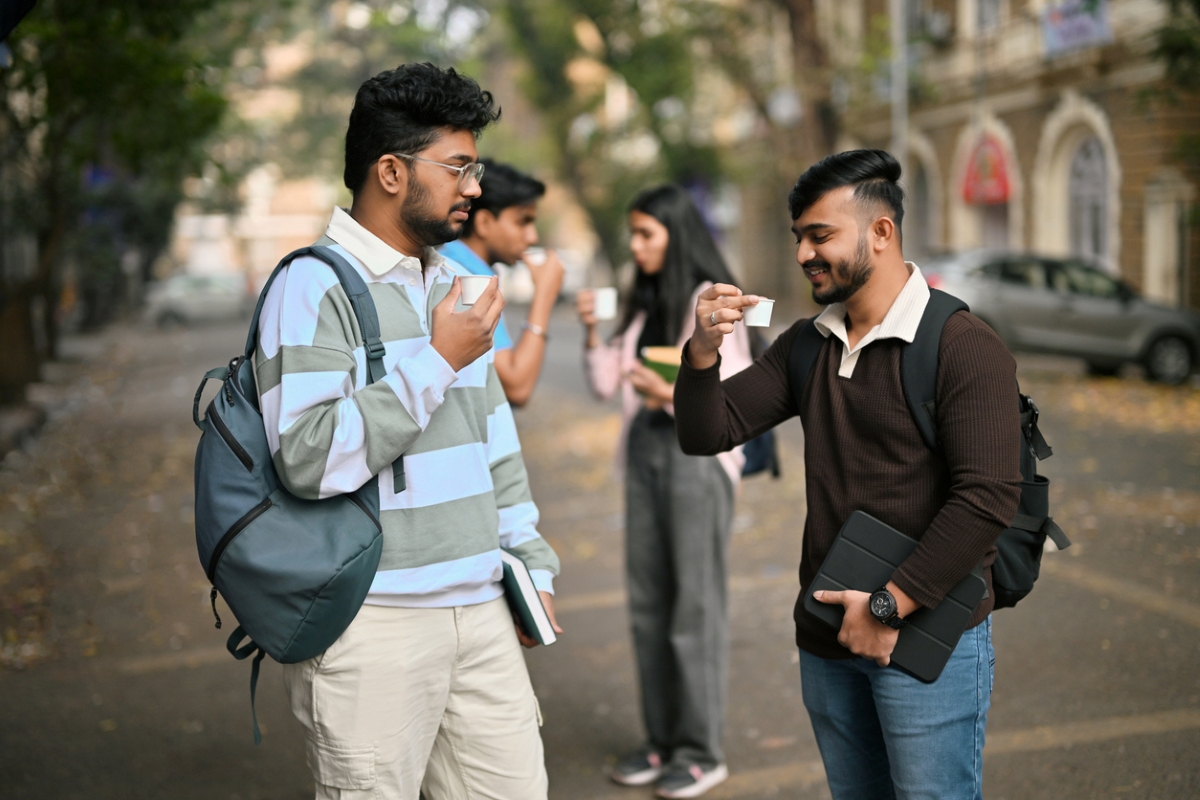By Dileep V Kumar,Dileep V Kumar Publis
Copyright thesouthfirst

Think before you sip : The ‘humble’ paper cup isn’t so harmless
With health risks, environmental costs, and hidden plastics, Kerala is preparing to mount a stronger campaign to discourage their use—nudging citizens toward more sustainable habits.
Synopsis: “People believe these cups are biodegradable and harmless. But the truth is, their inner lining is coated with plastic and toxic chemicals. When they come in contact with hot liquids, microplastics and heavy metals such as chromium, cadmium, and palladium leach into the drink and eventually enter the human body, raising the risk of cancer and other serious diseases,” JD(S) MLA Mathew T Thomas said.
Are you someone who loves to sip your hot tea or coffee in a paper cup?
Then think twice—because the Kerala Legislative Assembly was told on Friday, 19 September, that these so-called eco-friendly cups may be doing more harm than good, both to human health and the environment.
Raising a calling-attention motion, Janata Dal (Secular) MLA Mathew T Thomas cautioned that paper cups, which gained popularity after plastic cups were banned, are far from safe.
“People believe these cups are biodegradable and harmless. But the truth is, their inner lining is coated with plastic and toxic chemicals. When they come in contact with hot liquids, microplastics and heavy metals such as chromium, cadmium, and palladium leach into the drink and eventually enter the human body, raising the risk of cancer and other serious diseases,” Thomas said.
Also Read: Fake doctor found at Hyderabad hospital but no one held accountable
Plastic lining in paper cups
It’s said that in the paper cups a thin plastic lining is there, usually made of polyethylene, and is essential to prevent the paper from becoming soggy and leaking.
However, when a hot beverage is poured into the cup, this plastic layer can degrade and release a significant number of microplastic particles and other potentially toxic substances into the liquid
He further noted that these cups take nearly a century to decompose and generate greenhouse gases on disposal, similar to plastic.
“During weddings, conferences, and fast-food events, heaps of paper cups pile up in the environment, adding to pollution. Making them itself is resource-intensive, with high water consumption,” he warned.
Speaker AN Shamseer underlined the seriousness of the issue, pointing out that microplastics and heavy metals, that enter human bodies, could even contaminate breast milk, posing long-term health consequences for children.
Government acknowledges the problem
Replying to the motion, Local Self-Government Minister MB Rajesh admitted that paper cups, plates, and bowls lined with plastic are a growing menace.
“Kerala must move away from the ‘use-and-throw’ culture. Awareness campaigns will begin at the panchayat level, encouraging communities to switch to steel and glass tableware, especially for large gatherings,” he said.
The minister added that despite “knotty rules” from the Union government—allowing the licensed sale of single-use plastic items, thereby weakening local-level enforcement—Kerala had collected ₹8.5 crore in fines this fiscal for violations of the plastic ban.
He also clarified that since the state ban on single-use plastics in 2020 and the subsequent national ban in 2021, only paper cups and plates with PLA (Polylactic Acid) coating certified by the Central Pollution Control Board (CPCB) are permitted as alternatives.
Manufacturers are required to obtain CPCB certification and register on the Centralised EPR Portal as per the 2024 Plastic Waste Management Rules.
The minister further added, “Plastic-coated paper cups have been completely banned. Steel plates and glasses are now mandatory under the green protocol for private and public programs with more than 100 participants. Even the 2025 Onam week celebrations were successfully conducted in full compliance with this waste-free protocol.”
Also Read: Hyderabad doctor accused of running child trafficking network
Enforcement push
To strengthen implementation, the government has formed enforcement task forces in all local bodies and set up a special squads to monitor waste management violations. The squads have been taking strict action against polluters.
Rajesh concluded by stressing that the fight against disposable culture must begin from schools, instilling civic responsibility in future generations.
As the Assembly debate revealed, the humble paper cup may not be the guilt-free substitute it appears to be.
With health risks, environmental costs, and hidden plastics, Kerala is preparing to mount a stronger campaign to discourage their use—nudging citizens toward more sustainable habits.
(Edited by Sumavarsha)



